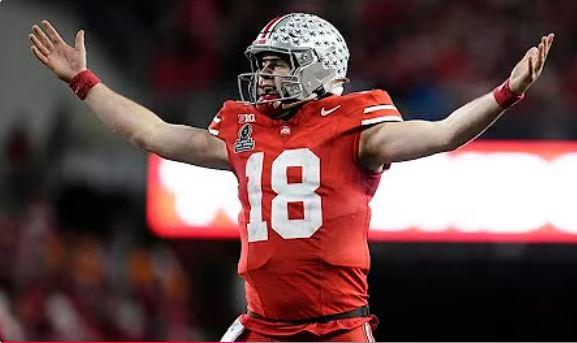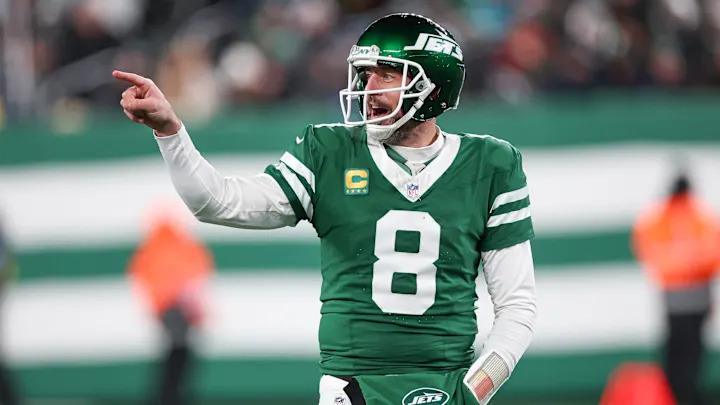The youngest team in the playoffs got a rude awakening when the puck dropped in Washington last night. Facing a much bigger and more seasoned Capitals squad, the Montreal Canadiens iced a lineup that included 10 players with 20 or fewer playoff games to their name. For five of them, it was their first real taste of NHL postseason hockey—and it showed.
It was also Martin St-Louis’ debut as a head coach in the playoffs. While he brings a wealth of playing experience, he may have underestimated just how detailed and tactical playoff preparation can be at this level. Most notably, his decision to leave Arber Xhekaj out of the lineup was questionable, especially given how physically intense playoff hockey becomes.
The Start
Once again, the Canadiens came out flat—deer in the headlights stuff. We’ve seen this too often during the regular season, but this time, it felt less about preparation or effort and more about sheer inexperience.
While the shot count remained close early on, the Capitals controlled the play and generated the more dangerous chances. Samuel Montembeault stood tall, even managing to clean up after his own notorious rebound issues, and kept his team in the game. The 2-0 deficit could’ve easily been worse.
Two of Montreal’s most relied-upon defensemen, Mike Matheson and Lane Hutson, looked rattled. Both turned the puck over far more than usual. Whether it was nerves or the relentless pressure from a heavier Capitals forward group, they just weren’t themselves—at least not to start.
The Awakening
Midway through the second period, the Canadiens started to settle down and find their legs. By the third, they were back to being the high-energy, hard-finishing group we’ve come to expect. A penalty drawn by Pierre-Luc Dubois gave them some momentum, and Cole Caufield cut the lead in half with a power play goal.
Then, who else but Nick Suzuki tied it with under five minutes left to force overtime. The Canadiens dominated the final frame, outshooting Washington 14–7, but Logan Thompson stood tall to preserve the tie heading into OT.
Unfortunately, the extra frame ended with a familiar script—Alex Ovechkin scoring the winner after a questionable icing call set the play in motion.
What They Showed
1. They’re young and it shows:
What worked during the regular season didn’t translate. Hutson, Guhle, Slafkovsky, Demidov, and Struble were all tentative early on. The pace and pressure seemed overwhelming. Thankfully, they grew into the game as it progressed.
2. They were intimidated:
Officially, the hit count was 42–33 in favour of Washington, but that felt generous to the Canadiens. Several Habs players looked over their shoulder before retrieving pucks, leading to turnovers. Hutson and Guhle, in particular, were targeted and took a beating.
3. They were outmuscled:
Smaller players like Hutson and Caufield struggled to find their rhythm in such a physical matchup. Others tried to respond, but Montreal simply didn’t match up size-wise. Things improved in the third, but it highlighted a clear imbalance.
4. They’re missing a true second-line center:
Alex Newhook’s effort can’t be questioned—he may have worked harder than anyone—but he’s not a top-six center. That line struggled to sustain pressure, and he lost the faceoff that led to the overtime goal.
5. Matheson’s role is too big:
He’s being used as a number-one defenseman, but that’s not his chair—as St-Louis would say. Official stats credited him with just three giveaways, but the eye test says otherwise. This may have been his weakest game in a Canadiens sweater.
6. The bottom-six is playoff ready:
While they didn’t generate much offense, the third and fourth lines held their own defensively. They actually outperformed Washington’s bottom-six and looked far more composed—likely due to being the most experienced group on the team.
7. Suzuki is a legitimate number-one center:
How many times does Nick Suzuki have to prove himself before the league fully recognizes him as a top-end center? He carried the team offensively—again—despite having little insulation behind him.
8. They’re skilled and resilient:
This team doesn’t fold. No matter the deficit, they push hard in the third. It’s a hallmark of their identity, and it showed again as they clawed back from 2–0 down against a veteran playoff team. That kind of resilience is rare—and invaluable.
Ready for Game Two
Anyone watching could see the void left by Arber Xhekaj. Critics love to knock him, often to justify their blind loyalty to Martin St-Louis’ decisions, but the truth is: Xhekaj brings size, physicality, and a level of respect from opponents that no one else on the back end provides. Struble may move the puck better, but he doesn’t bring that X-factor. Against a team like Washington, his absence was felt.
Game Two goes Wednesday. The jitters should be behind them, and some adjustments will no doubt be made. Hopefully, they start the way they finished last night.
Either way, win or lose, this series is a crash course in what it takes to win in the Stanley Cup Playoffs. Let the learning continue.





